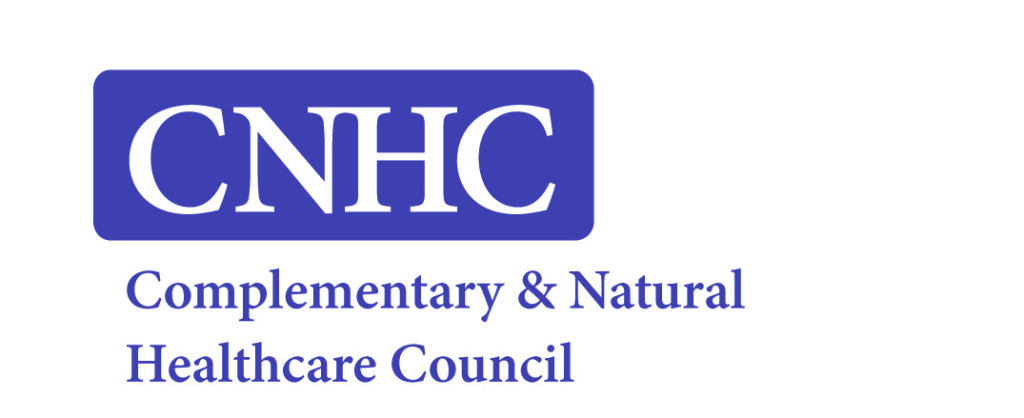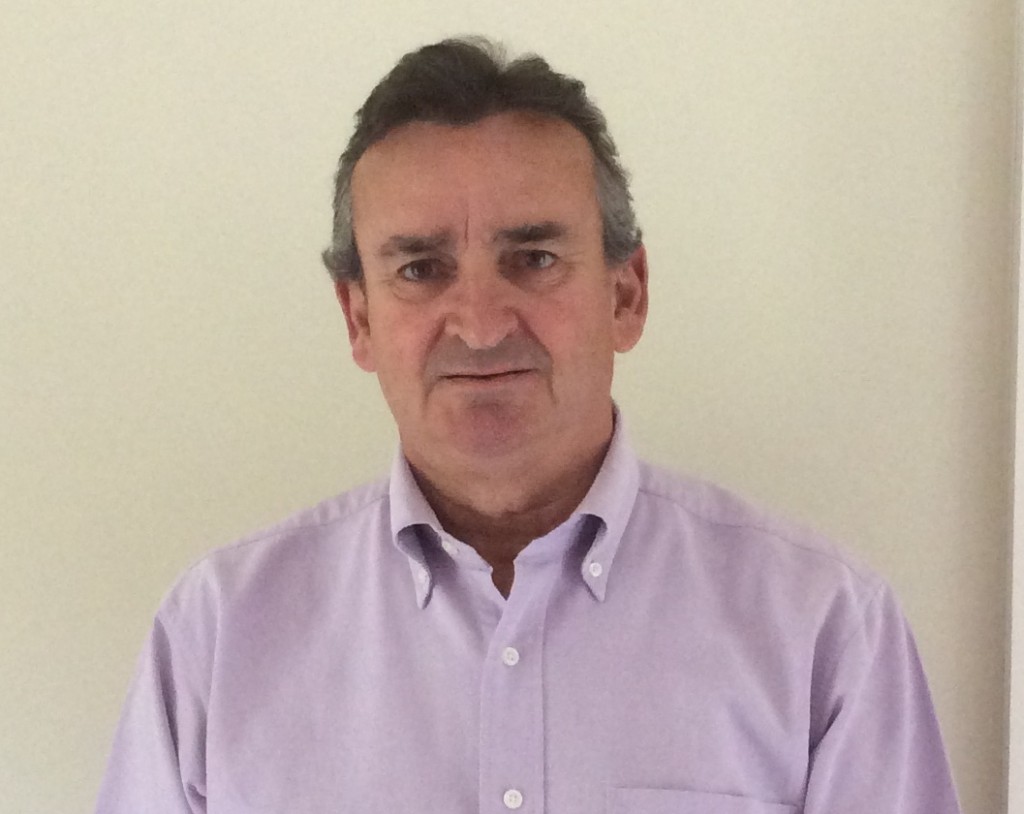CNHC update
 New CNHC Chair Michael Watson starts the year with a clear message
New CNHC Chair Michael Watson starts the year with a clear message
Michael Watson takes on the role of CNHC Chair from 1 January 2016. With his background in osteopathy regulation and as lay registrar for the British Acupuncture Council, he is well-placed to take forward the CNHC and he has a clear vision which he describes here.
First, I want to wish you all a Happy New Year. It’s a great time to be taking on this role of CNHC Chair and I’m really pleased to be able to contribute to the camclub news from the outset.
Over the last twelve years of my career I have been involved at the centre of the world of osteopathy in the UK and latterly in Europe. My involvement has been both in the regulatory field and the professional association world.
I was deputy registrar at the General Osteopathic Council with a very hands on role in verifying osteopathic education standards. I was also Chief Executive of the British Osteopathic Association and am Lay Registrar for the British Acupuncture Council so am very familiar with the world of regulation and standards in this sector.
This background has led me to the clear belief that those who sign up to regulation have a competitive advantage over those who don’t. Simply put, those who register show a commitment to standards and professionalism that is harder to demonstrate for those who choose not to. I also believe that great healthcare is aided by an integrated approach where patients have access to a range of approaches.
On this basis I have set out four areas I believe are key issues for the complementary healthcare sector for 2016:
- Supporting the wellbeing agenda: At a time when people are living longer, with multiple conditions that are not going to be cured, we have to find ways to support people to manage their wellbeing over the long term. I believe that complementary therapies have a key role to play in this.
- Providing patient choice: An integrated approach where patients have access to a range of healthcare professionals – including complementary therapists – must be developed.
- Practitioners demonstrating standards: If we want the first two to happen, practitioners need to show they are committed to UK-wide standards. That’s where CNHC comes in and to those who would say ‘why register?’ I would say ‘why would you not register?’
- Doing good research. We need a strong evidence-base for our sector that shows what complementary healthcare can achieve. I know this is a big challenge and CNHC is not in a position to address it directly but I do want us to be able to facilitate this where we can. We do this already by putting out calls for practitioners for studies and providing guidance on evaluation tools where we can.
So, overall, I want to see complementary therapies becoming far more widely available as part of mainstream healthcare. Practitioners registered with CNHC demonstrate their commitment to standards and as such are stepping up to be part of this picture. I very much look forward to working with the CNHC team this year to take this forward.
Find us on Facebook
Follow us on Twitter @CNHC_UK
For further information about the CNHC and how to register, renew or login call 020 3668 0406, email [email protected] or visit www.cnhc.org.uk


